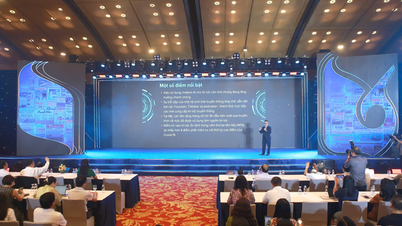Fears about artificial intelligence (AI) should be turned into "excitement" by experimenting with it, or they risk being left behind by those who are already using it, according to Minister Peter Kyle.
Breakthroughs like ChatGPT have fueled a boom in investment in technology, but have also led to predictions that a range of jobs in fields from law to financial services will be affected.
However, Mr Kyle said: “I think most people are approaching this with trepidation. But once they start [using AI], that trepidation turns to excitement, because it’s a lot simpler than people think and it has more benefits than they expect.”

Minister Kyle was speaking after meeting tech company chiefs to discuss a new government and industry initiative to train 7.5 million UK workers – a fifth of the total workforce – in AI by 2030, with support from the likes of Google, Amazon and BT.
“There is no one working right now who is not able to acquire the skills that the economy will need in the next five years,” he said. “Act now and you will thrive in the future. If you don’t, I think some people will be left behind. And that’s what worries me the most.”
There appears to be a generational gap in AI use, he said, with people over 55 using AI less than half as much as those over 35. Closing that gap takes just two and a half hours of training, he said.
“People don’t need to be trained in quantum physics,” Kyle said. “They need to be trained in the basics of how AI works, how to interact with it, and explore all the potential it brings to you personally in the workplace.”
Earlier, at London Technology Week, British Prime Minister Keir Starmer announced that the government will work to prove that AI can create prosperity for communities, good jobs and significantly improve public services.
Forecasts of AI’s impact on jobs vary widely. The Organization for Economic Cooperation and Development (OECD) warns that the technology could lead to job losses in professions such as law, medicine and finance. The International Monetary Fund (IMF) calculates that 60% of jobs in developed economies such as the US and UK are exposed to AI, and half of them could be negatively affected.
However, the Tony Blair Institute, which has called for widespread adoption of AI across the public and private sectors, believes the prospect of job losses in the UK's private sector will be mitigated by the technology creating new roles.
(According to The Guardian)

Source: https://vietnamnet.vn/hay-don-nhan-ai-neu-khong-muon-that-nghiep-2411546.html



































































































Comment (0)